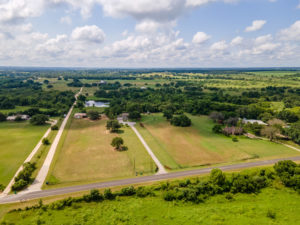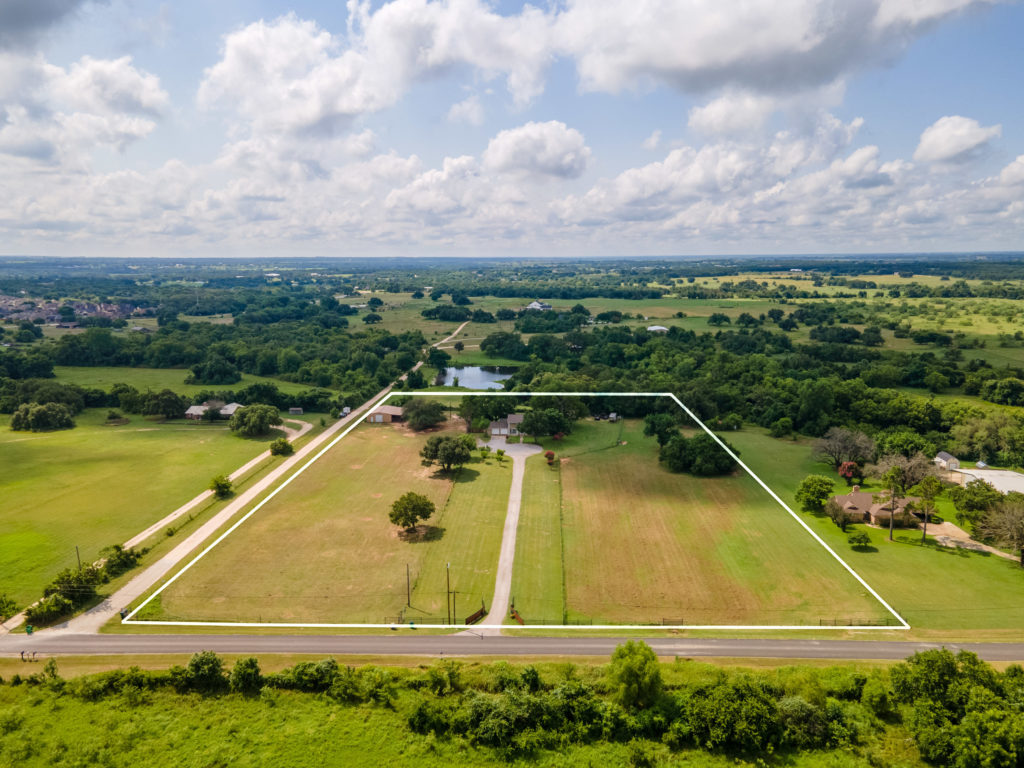
Sounds familiar? This is the classic case of easement – the right of way, and the dilemma of verbal agreements in such circumstances.
What is Easement?
An easement is a legal ability to use someone else’s land to use for a specific purpose. Landlocked properties are usually the kind of land that needs easement, to gain access. In the story, Mr. Mac bought a landlocked property and needed permission from Mr. Cheese to access it. Mr. Cheese permitted Mac to enter and exit to his property. In most cases, the agreement/permission would be written and recorded at a county clerk’s office. However, an implied or verbal agreement was sufficient for them as can be seen in this story.
When the easement is documented and registered, it becomes an encumbrance or a claim on the land’s title.
Kinds of Easement Including Right of Way
Easement is the right given by a landowner to another person to use his land for a specific purpose. It is also specific whether it is for the whole use or only a certain portion. Here are the different kinds of easements:
- IN GROSS is given to specific individuals or companies for a specified use, intent, or purpose. This kind of easement agreement is not transferable with the property when sold or transferred in other means. A new agreement must be drawn.
- Appurtenant is the kind of easement attached to the land. Right of way is an appurtenant easement that is passed with the property when it is transferred or sold. When buying land with an adjacent landlocked property, make sure to check for an easement agreement, especially before undergoing land development such as building facilities or improvements such as permanent fencing.
- Utility Easement is most commonly used by utility companies. They are given the right to use a specific part of the land for utility purposes such as electrical poles.
- Prescriptive easement is the right to use land without the permission of the landowner. Permission is given to an individual, at a specific period or length and the use of the portion of land meets requirements. Different states have different rulings on prescriptive easement.
- By Necessity gives someone the legal right to use a portion of a property as long as the need is considered valid. This is usually used for landlocked residential property with no access to a road except via another property.
- Private Easement is an agreement between individuals or companies that allows the person or company to access, build or maintain a structure on a property.
Effects of Easement to Property and Owner
If the easement agreement of Mr. Mac and Mr. Cheese was documented and registered, it would affect the sale of the property and its new owner.
Effect on Property Values
Easement affects the value of a property. When a property with easement is for sale, the land value would include it. When a property owner is offered an easement agreement by a landlocked owner, a real estate appraiser would be called to appraise the value of the property or portion of it. The appraiser adjusts the value based on the rights and easement used that will affect the surrounding property where the portion of easement will be enforced. Residential lots’ value is not affected by easements in most cases, because these usually on edges of the land or for utility management only.
Problems Property Owners Encounter
Be informed that if you have a property with an easement agreement, you cannot make improvements or build within the area where easement is enforced. Any structure that blocks access will be torn down. To ensure you will not encounter problems and develop the surrounding property optimally, know the placements or where the specific areas are.
If you are a buyer, find out in advance if there are existing agreements with adjacent landlocked properties, the kind of easement, locations, and with whom. Registered agreements are usually considered public documents, so research through the local registry office.
You can also ask for the assistance of a real estate agency, like Preferred Properties of Texas, to help you gather documents. Our Real estate agents at Preferred Properties of Texas are experienced with handling agricultural and industrial lands and know where to look and how to gather this information.
